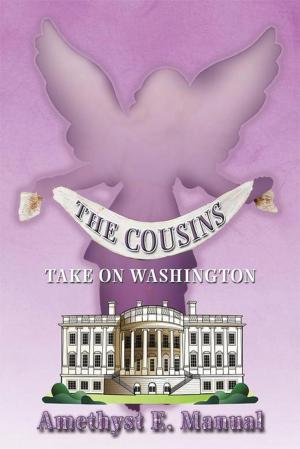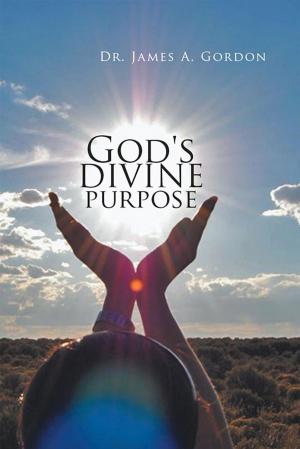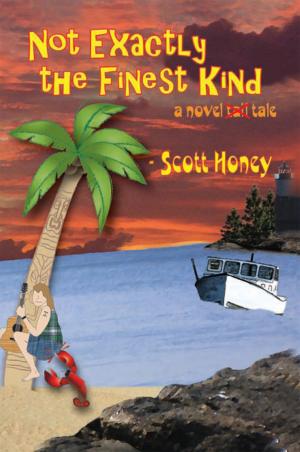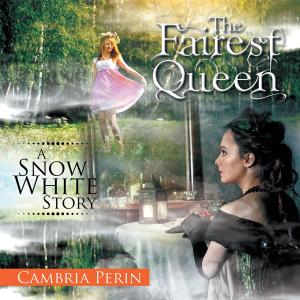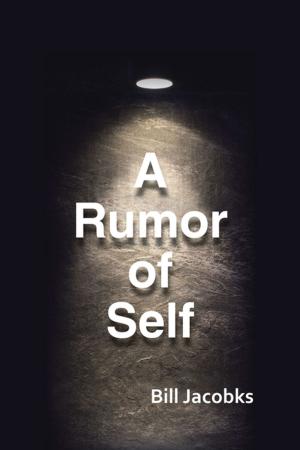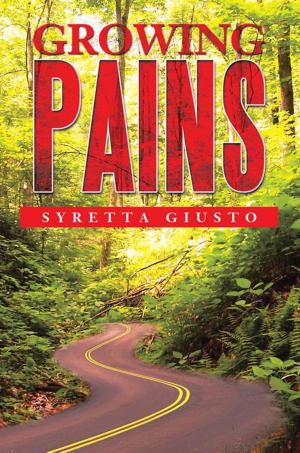Doodlebug Days
An American Family's Ups and Downs as Middle-Class Migrants in the California of the 1930S
Biography & Memoir| Author: | Dorothy Lockard Bristol, Nancy Lockard Gallop | ISBN: | 9781469114644 |
| Publisher: | Xlibris US | Publication: | September 5, 2000 |
| Imprint: | Xlibris US | Language: | English |
| Author: | Dorothy Lockard Bristol, Nancy Lockard Gallop |
| ISBN: | 9781469114644 |
| Publisher: | Xlibris US |
| Publication: | September 5, 2000 |
| Imprint: | Xlibris US |
| Language: | English |
Our 1935 black Oldsmobile and heavily-loaded trailer drew hostile looks as we drove into Bakersfield and stopped at a shady park to check the tires. When Mother, Daddy, we two girls and our young brother, Skippy, got out, two work-hardened men in ranch straw hats and short-sleeved cotton shirts stood staring suspiciously at our California license plates.
"Had those plates on long?" the shorter man challenged Daddy.
"Guess you'd say so," Daddy answered pleasantly.
Mother's hands were settling on her hips, a sure sign her indignation would be expressed verbally at the first sign of an insult from the men.
The taller man took a step toward Daddy. "Hope you're not looking for farm work in Bakersfield 'cause there isn't any."
Deliberately the man spat on the curb. "Every damn fool in Texas, Missouri, Arkansas and Oklahoma is either here or on Route 66 trying to get here in some beat-up jalopy. Not enough cotton or potatoes in all of Kern County to keep half of them busy."
"No," Daddy said evenly. "Not looking for work. Just looking to head out of here in a few minutes."
While Daddy circled our car and trailer, Mother glared at the men, snapped open her white envelope purse and drew out a bottle of Coty's Emeraude, dabbing a drop behind each ear.
"It's so much hotter here than in Lynwood," she said loftily. "I don't know how people can stand it."
Turning her back on the Bakersfield men she added, "Come on, children, let's get back in the car. And don't step in that filth on the sidewalk."
As Daddy pulled away from the curb, Mother fanned herself with her purse. "Imagine, Bruce, you, a civil engineer looking for farm work. I'd like to have given those Bakersfield men a piece of my mind, and I would have too if your work weren't so secret. They treated us as if we were Dust Bowl migrants!"
In California in 1935 twenty percent of the country's labor force was unemployed, and hobos regularly knocked on back doors for handouts. To survive in the Great Depression, our father had taken a job with an oil exploration party in the San Joaquin Valley. Our family packed up and left southern California to join him.
Between 1900 and 1936 California led the nation in petroleum production. Oil companies, certain that great reserves of oil still lay hidden, sent exploration crews, called doodlebug parties, throughout California to find new fields. The intense competition among oil companies mandated secrecy concerning doodlebug party movements. By setting explosives off in a series of holes, doodlebuggers would measure the echoes and make a seismic record that might indicate the presence of oil.
Our new life was scary because we girls, Nancy, age 10 and Sunny, 12, had been allowed to make the decision whether to follow our father or remain in comfortably familiar Lynwood, just south of Los Angeles. Still, we knew that our father felt fortunate to be holding a job, even one that worked a hardship on his wife and children.
We left our home in Southern California and headed north over the Ridge Route, towing our possessions behind our car in a small canvas-covered trailer. Even though the security of our family unit buffered us against hardships, we girls were apprehensive. Still, we were excited about the new life that was unfolding.
DOODLEBUG DAYS takes place in a California with a population of only six million. The Valley towns in which we lived were small and agricultural with tight-knit established families. For the employed, life was less complicated than it is today. Radios, not televisions, were prominently enshrined in each living room. In the small towns up and down the Valley, people pulled their kitchen chairs close to their radio to listen to President Roosevelt's fireside chats as he discussed solutions to the problems that marked the era.
Our 1935 black Oldsmobile and heavily-loaded trailer drew hostile looks as we drove into Bakersfield and stopped at a shady park to check the tires. When Mother, Daddy, we two girls and our young brother, Skippy, got out, two work-hardened men in ranch straw hats and short-sleeved cotton shirts stood staring suspiciously at our California license plates.
"Had those plates on long?" the shorter man challenged Daddy.
"Guess you'd say so," Daddy answered pleasantly.
Mother's hands were settling on her hips, a sure sign her indignation would be expressed verbally at the first sign of an insult from the men.
The taller man took a step toward Daddy. "Hope you're not looking for farm work in Bakersfield 'cause there isn't any."
Deliberately the man spat on the curb. "Every damn fool in Texas, Missouri, Arkansas and Oklahoma is either here or on Route 66 trying to get here in some beat-up jalopy. Not enough cotton or potatoes in all of Kern County to keep half of them busy."
"No," Daddy said evenly. "Not looking for work. Just looking to head out of here in a few minutes."
While Daddy circled our car and trailer, Mother glared at the men, snapped open her white envelope purse and drew out a bottle of Coty's Emeraude, dabbing a drop behind each ear.
"It's so much hotter here than in Lynwood," she said loftily. "I don't know how people can stand it."
Turning her back on the Bakersfield men she added, "Come on, children, let's get back in the car. And don't step in that filth on the sidewalk."
As Daddy pulled away from the curb, Mother fanned herself with her purse. "Imagine, Bruce, you, a civil engineer looking for farm work. I'd like to have given those Bakersfield men a piece of my mind, and I would have too if your work weren't so secret. They treated us as if we were Dust Bowl migrants!"
In California in 1935 twenty percent of the country's labor force was unemployed, and hobos regularly knocked on back doors for handouts. To survive in the Great Depression, our father had taken a job with an oil exploration party in the San Joaquin Valley. Our family packed up and left southern California to join him.
Between 1900 and 1936 California led the nation in petroleum production. Oil companies, certain that great reserves of oil still lay hidden, sent exploration crews, called doodlebug parties, throughout California to find new fields. The intense competition among oil companies mandated secrecy concerning doodlebug party movements. By setting explosives off in a series of holes, doodlebuggers would measure the echoes and make a seismic record that might indicate the presence of oil.
Our new life was scary because we girls, Nancy, age 10 and Sunny, 12, had been allowed to make the decision whether to follow our father or remain in comfortably familiar Lynwood, just south of Los Angeles. Still, we knew that our father felt fortunate to be holding a job, even one that worked a hardship on his wife and children.
We left our home in Southern California and headed north over the Ridge Route, towing our possessions behind our car in a small canvas-covered trailer. Even though the security of our family unit buffered us against hardships, we girls were apprehensive. Still, we were excited about the new life that was unfolding.
DOODLEBUG DAYS takes place in a California with a population of only six million. The Valley towns in which we lived were small and agricultural with tight-knit established families. For the employed, life was less complicated than it is today. Radios, not televisions, were prominently enshrined in each living room. In the small towns up and down the Valley, people pulled their kitchen chairs close to their radio to listen to President Roosevelt's fireside chats as he discussed solutions to the problems that marked the era.
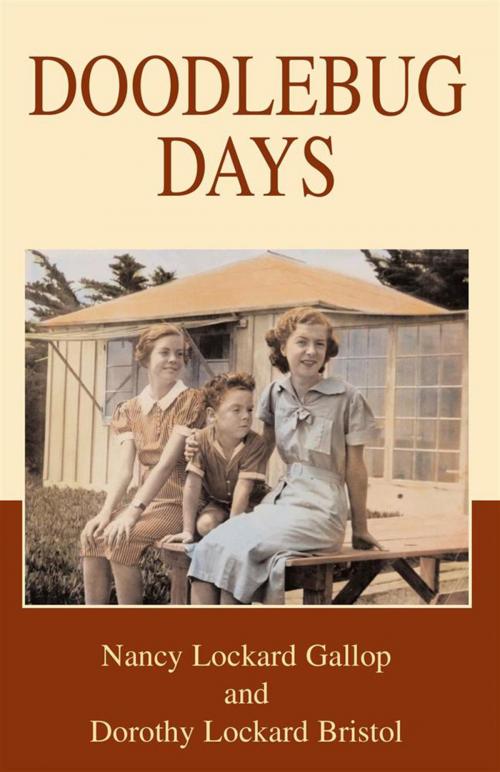
![Cover of the book Nyc Transit[S] by Dorothy Lockard Bristol, Nancy Lockard Gallop](https://www.kuoky.com/images/2003/october/300x300/9781462827763-sWcX_300x.jpg)
